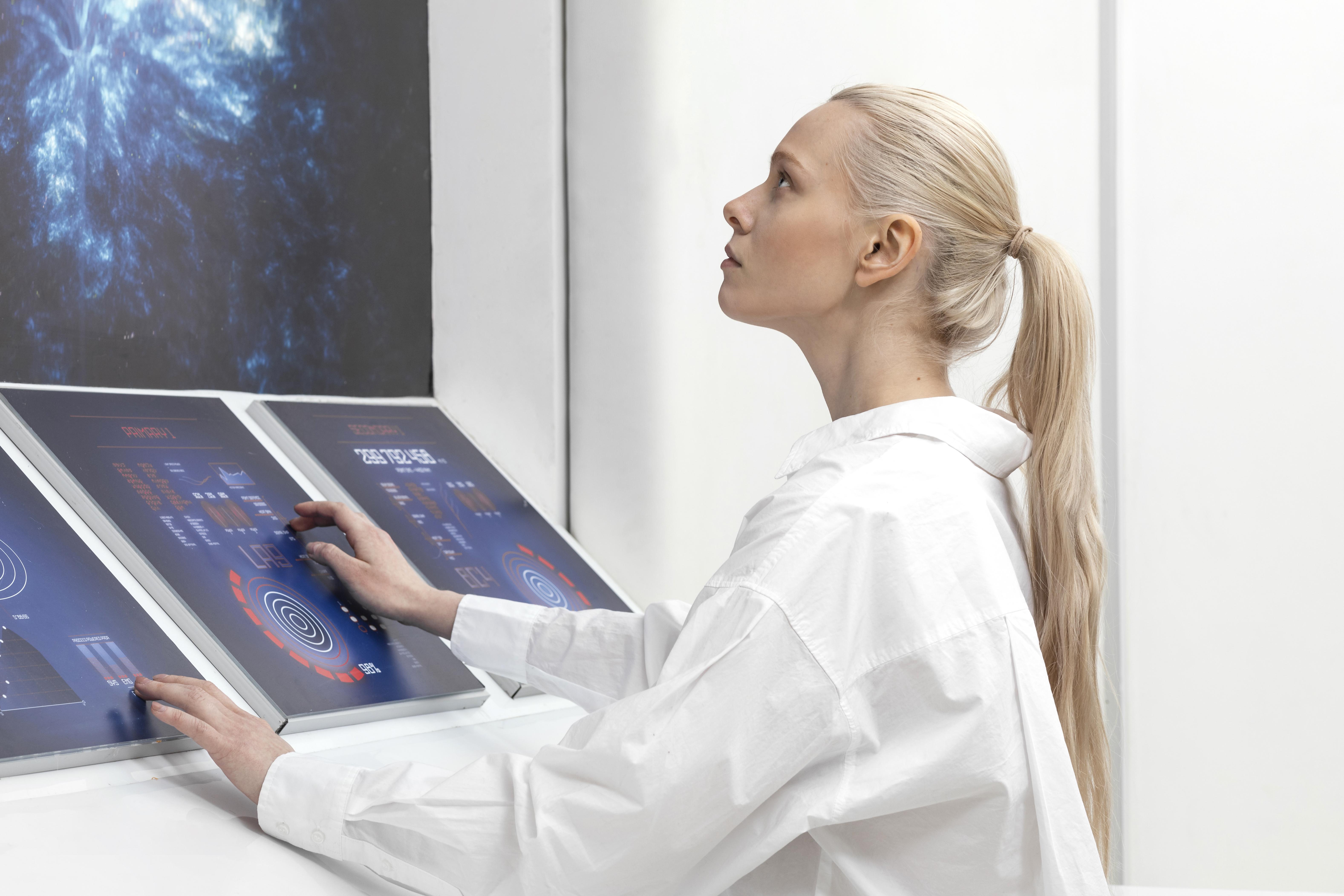Early Cancer Detection Gets a Boost with AI Biomarker Pattern Recognition
by Vuk Dukic, Founder, Senior Software Engineer
 Cancer has long been a word that evokes fear, partly because of the challenges associated with its detection and treatment. However, the narrative is changing, thanks to the intersection of artificial intelligence (AI) and healthcare. This blog post explores how AI, through biomarker pattern recognition, is revolutionizing the early detection of cancer, offering hope and new possibilities.
Cancer has long been a word that evokes fear, partly because of the challenges associated with its detection and treatment. However, the narrative is changing, thanks to the intersection of artificial intelligence (AI) and healthcare. This blog post explores how AI, through biomarker pattern recognition, is revolutionizing the early detection of cancer, offering hope and new possibilities.
Understanding Cancer and the Importance of Early Detection
Cancer, a disease characterized by the uncontrolled growth of abnormal cells, can affect various parts of the body, leading to a myriad of health issues. The key to combating this disease lies in early detection.
Traditional methods, while effective to an extent, come with limitations such as invasiveness, cost, and the risk of false positives or negatives. Enter biomarkers, biological molecules found in blood, other body fluids, or tissues, which are indicative of a normal or abnormal process, or of a condition or disease such as cancer. The identification and understanding of these biomarkers are crucial for early cancer detection.
The Role of Biomarkers in Cancer Detection
Biomarkers play a pivotal role in identifying cancer at its nascent stages. They serve as the body's early warning system, signaling the presence of cancer cells. However, interpreting these signals accurately requires advanced technology.
How AI is Transforming the Landscape
Artificial Intelligence, with its ability to analyze vast datasets and recognize patterns beyond human capability, is at the forefront of this transformation. AI algorithms, trained on thousands of patient data points, can discern subtle biomarker patterns that indicate the presence of cancer. This not only enhances the accuracy of detection but also significantly reduces the time taken to diagnose, allowing for timely intervention.
The Impact of AI on Early Cancer Detection
The integration of AI into cancer detection methodologies has been a game-changer. It has led to the development of non-invasive testing methods, offering a glimpse into a future where cancer can be detected with a simple blood test.
Success stories abound, from AI systems that have identified lung cancer with higher accuracy than experienced radiologists to algorithms that detect breast cancer years before it becomes visible on traditional imaging.
Future Prospects and Challenges
As we look to the future, the potential for AI in healthcare, particularly in cancer detection, is immense. However, this journey is not without its challenges. Ethical considerations, data privacy, and the need for robust, unbiased algorithms are just a few of the hurdles that need to be addressed. Yet, the promise that AI holds for early cancer detection and, by extension, for the lives it can save, is undeniable.
Conclusion: Embracing Technology for a Healthier Tomorrow
The fusion of AI and biomarker pattern recognition in cancer detection is a testament to the incredible strides being made in healthcare technology. It underscores a future where early detection and treatment of cancer become more accessible and effective, significantly improving patient outcomes. As we continue to navigate this promising yet complex landscape, staying informed and supportive of advancements in AI healthcare research becomes paramount. Let us embrace this technology, for it holds the key to unlocking a healthier tomorrow.
This exploration into how AI is enhancing early cancer detection through biomarker pattern recognition aims to demystify the technology and highlight its potential benefits. By understanding and supporting these advancements, we can all play a part in the fight against cancer, armed with knowledge and hope.
If you're interested in finding out more about healthcare and ai development, read Anablock's case studies for more information!